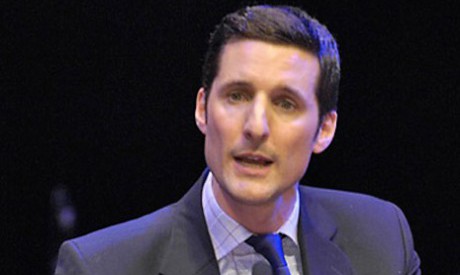In debates about refugees, asylum seekers and mass migration, a crucial issue is the moral and political status of borders. Do we think borders are good or bad, a necessary evil or a moral necessity?
My contention is that those who argue for open borders under-value a sense of place and the integrity of the nation as political community, but those who argue for closed borders over-value the nation as political community.
Instead, I will suggest we need a way of valuing our particular political community in relation to other nations and ultimately in relation to God, and that such a framework will enable us to make appropriate decisions about how to respect and value existing citizens and fulfil our duty of care to the refugee and vulnerable stranger from outside our country who nevertheless who seek a new life within our country.
In summary:
- those who argue for opening up borders see borders as a filter to keep out the bad and corrupt but at the same time, let in any individual who seeks to live in this land;
- those who argue for closing our borders see borders as a fence, a system of security and defence that protects and preserves what is inside from what is outside;
- but I want to argue that borders are a facewe turn to the world around us which tells them what kind of country we are and how are want to relate to those around us and whether we are hostile or hospitable.
Mass migration is a central feature and fruit of contemporary globalisation and will continue to be a central feature of social, political and economic life for the foreseeable future. Continue reading
- Luke Bretherton is Associate Professor of Theological Ethics at Duke University and Senior Fellow at the Kenan Institute for Ethics.
